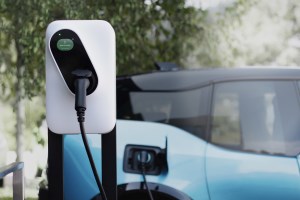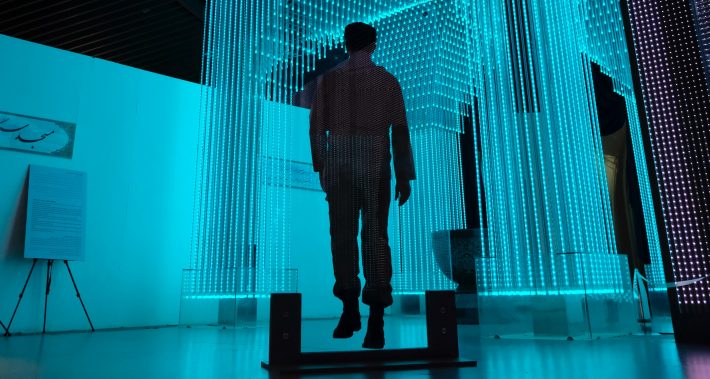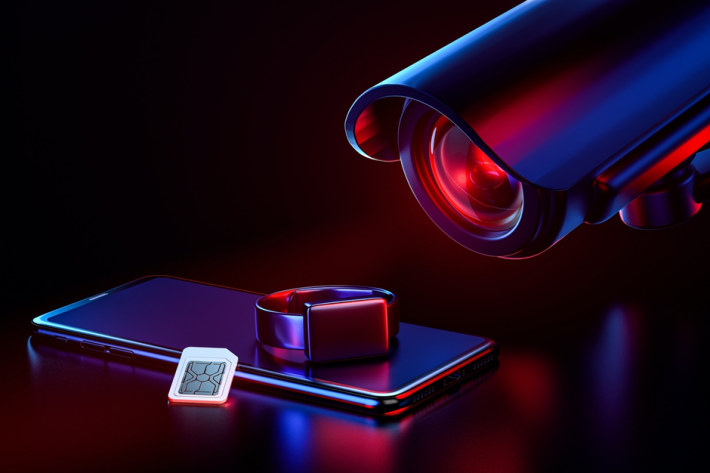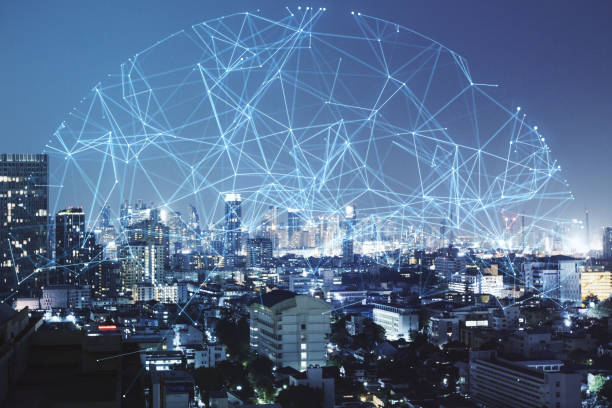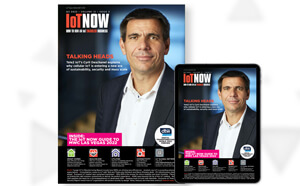Ericsson’s Internet of Things (IoT) business and DeltaTrak, a specialist in cold chain management and end-to-end supply chain solutions, has announced a collaboration through Deutsche Telekom that will drive cold chain traceability enhancements powered by the Ericsson IoT Accelerator platform.
By providing real-time tracking data for perishable food and biopharmaceutical products in transit, this collaboration will enrich food chain visibility, increase food and medication safety and thus reduce waste, while enabling sustainability and environmental awareness in transit operations. Deutsche Telekom, one of the integrated telecommunications companies and an Ericsson IoT partner, provides the reliable and secure global connectivity which is key to enable real-time data transmission.
In the United States alone, food loss and waste results in 170 million metric tons of CO2 emissions per year, according to the Environmental Protection Agency, excluding the emissions from wasted food sent to landfills underpinning the importance of working towards eliminating waste.
Amidst global logistics disruptions, widespread food shortages, and environmental crises, DeltaTrak and Ericsson IoT are coming together to combat food waste and, in doing so, generating a positive sustainability impact. Between 2019 and 2022, the number of undernourished people in the world grew by roughly 150 million, according to the United Nations. And while many work to send relief to those in need, much of this food risks spoiling in transit.
As a customer of Deutsche Telekom, DeltaTrak will harness the power of Ericsson’s IoT Accelerator platform to gain real-time tracking data for perishables throughout the entirety of the transit process, realising the benefits of IoT in food and pharmaceutical logistics by increasing safety and reducing waste. Roughly one-third of food produced in the world is lost or wasted highlighting the importance of having holistic and real-time data on food in transit to ensure that proper environmental conditions such as humidity and temperature are maintained.
Apart from food spoilage during transport, an additional challenge is that between 5-10% of shipping containers are typically held in quarantine upon reaching port, pending temperature verification. If these containers are opened, the goods are prone to loss and waste. By leveraging Ericsson IoT’s connectivity management platform through Deutsche Telekom IoT SIM cards and connectivity, DeltaTrak tracking devices placed inside containers can provide critical environmental condition data without breaking the goods seal.
“Representing the latest innovations from DeltaTrak, the cellular IoT enhancements enable our patented ecosystem offerings to deliver end-to-end chain of custody capabilities,” says Frederick Wu, CEO and founder of DeltaTrak. “Actionable data visibility from real-time FlashTrak Chain of Custody eCosystem can improve product shelf-life, reduce spoilage, food waste and CO2 emissions.”
“Bettering cold chain tracking technology undoubtedly benefits the food logistics industry, but the advantages stretch beyond that. By boosting real-time traceability of location and environmental conditions through Ericsson’s IoT Accelerator platform and Deutsche Telekom connectivity, we will significantly promote supply chain transparency by eliminating blind spots and allowing goods to be monitored from origin to destination. This in turn will also help the environment and contribute to a more sustainable future,” says Kyle Okamoto, general manager of Ericsson IoT.
With the collaboration of Ericsson IoT and Deutsche Telekom, DeltaTrak now has reliable and secure global connectivity, critical for monitoring and reporting transport conditions to stakeholders across the cold chain.
Comment on this article below or via Twitter: @IoTNow_OR @jcIoTnow
